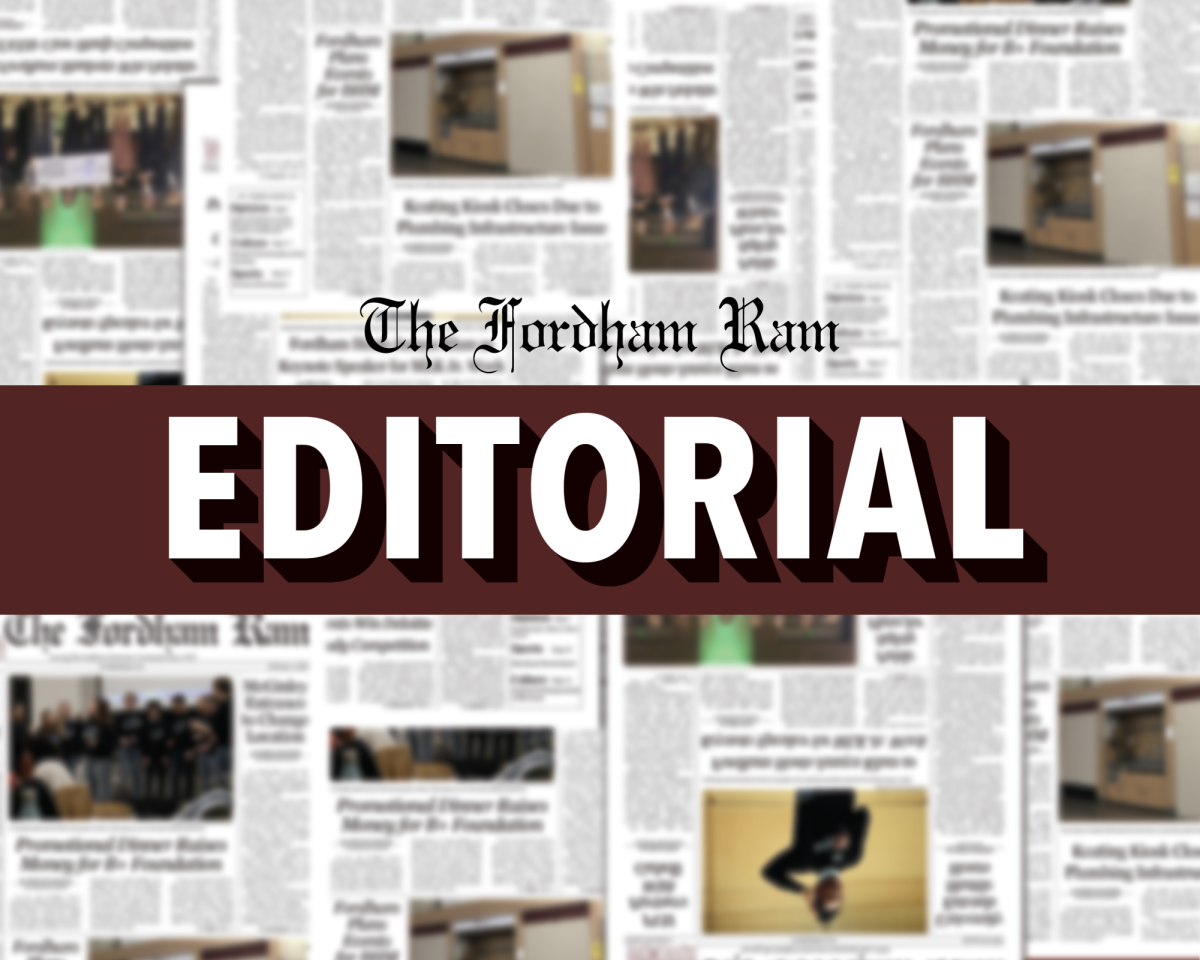If you haven’t heard of artificial intelligence (AI), you probably live under a rock. In all seriousness, it is impossible to escape the reach of AI today. AI is now embedded in our social media, pops up in our internet searches and is used to develop images. By now, it is clear that AI is not just a gimmick but a technology that will change our relationship with work. AI has presented challenges in college settings; since AI arrived on campuses nationwide, students have used it in various ways. Some use it to brainstorm ideas for assignments, while others will submit a ChatGPT essay as their own work. Since this technology is young, now is an important time to ask how we should use it. The Ram believes AI should be a tool that allows us to produce instead of being a shortcut in which we uncritically consume what it tells us.
In a 2023 New York Times article, 35 people were asked how AI changed their lives. Ryan McClelland, a NASA Research engineer, used it at work to design mission hardware because it was able to come up with many ideas in a short amount of time. Matt Strain, a technology and innovation consultant, used the DALL-E AI to create images of cocktails for a book he was writing. Matt Webb, who is a consultant and blogger, used it to build a clock to write a new poem for every minute. These stories scratch the surface of what AI can do when the user sees it as a tool to produce things for work or pleasure. Using the tool in this way allows them to be uniquely creative and promotes critical thinking. If AI is taught this way, it will become an important skill.
However, AI has another side that frustrates and scares many people. There is concern that it will replace jobs in multiple industries. The creative sector, in particular, has been vocal with its AI angst. Last year, members of the Writers Guild of America went on strike over various issues, including the use of generative AI in Hollywood screenwriting, which led to a deal regulating the use of the technology. AI also has the potential to change the news industry which has already undergone a turbulent era. But it’s not just writers who are nervous. Academics are nervous too. Assistant Professor Alireza Shojaei, who teaches at Virginia Tech’s Myers-Lawson School of Construction, has stated his concern that AI could “oversee” construction sites, limiting the need for the traditional human workforce in this industry. There is also a worry that it will negatively impact how we consume information. Assistant Professor Eugenia Rho, who teaches computer science at Virginia Tech, is worried that people will read the information on Large Language Models and believe it without critically thinking.
This is an issue because AI summaries can be wrong. Earlier this year, Google’s AI was in the news for falsely stating that former President Barack Obama was America’s first Muslim president. Google fixed the issue, but the example highlights the dangers of uncritically consuming AI. As students, it is important to understand the uncomfortable aspects of AI because its adverse effects may impact the future jobs we gain and the information we consume.
Highlighting AI’s positive and negative potential demonstrates two fundamental ways users can apply AI. One use is to produce content, and the other is to consume it. How we use AI in the classroom today could impact our relationship with it throughout our lives. That is why the Fordham AI Vision Committee has wisely proposed guidelines for using AI in academic settings. The document emphasizes “critical AI literacy,” which they define as “providing technical support and guidance to students, faculty, and staff on the effective utilization of AI.” They also want to inform all groups on campus about the shortcomings of AI on issues like racial bias and democratic systems. These steps will help nurture good habits for students when using AI, which they will hopefully utilize in the present and future.
AI is a tool, but it remains new, and its purpose is still up for debate. Like most tools, it can be used with good or bad intentions. If we approach it as a way to help reduce, not replace, the work we do, then it can and will be helpful. However, if we uncritically consume everything it tells us and try to pass it off as our own work, then we will all be worse off for it. At the end of the day, the decision is up to you and to each one of us.





































































































































































































